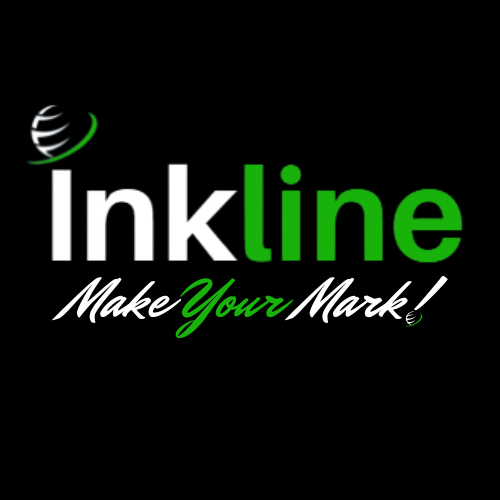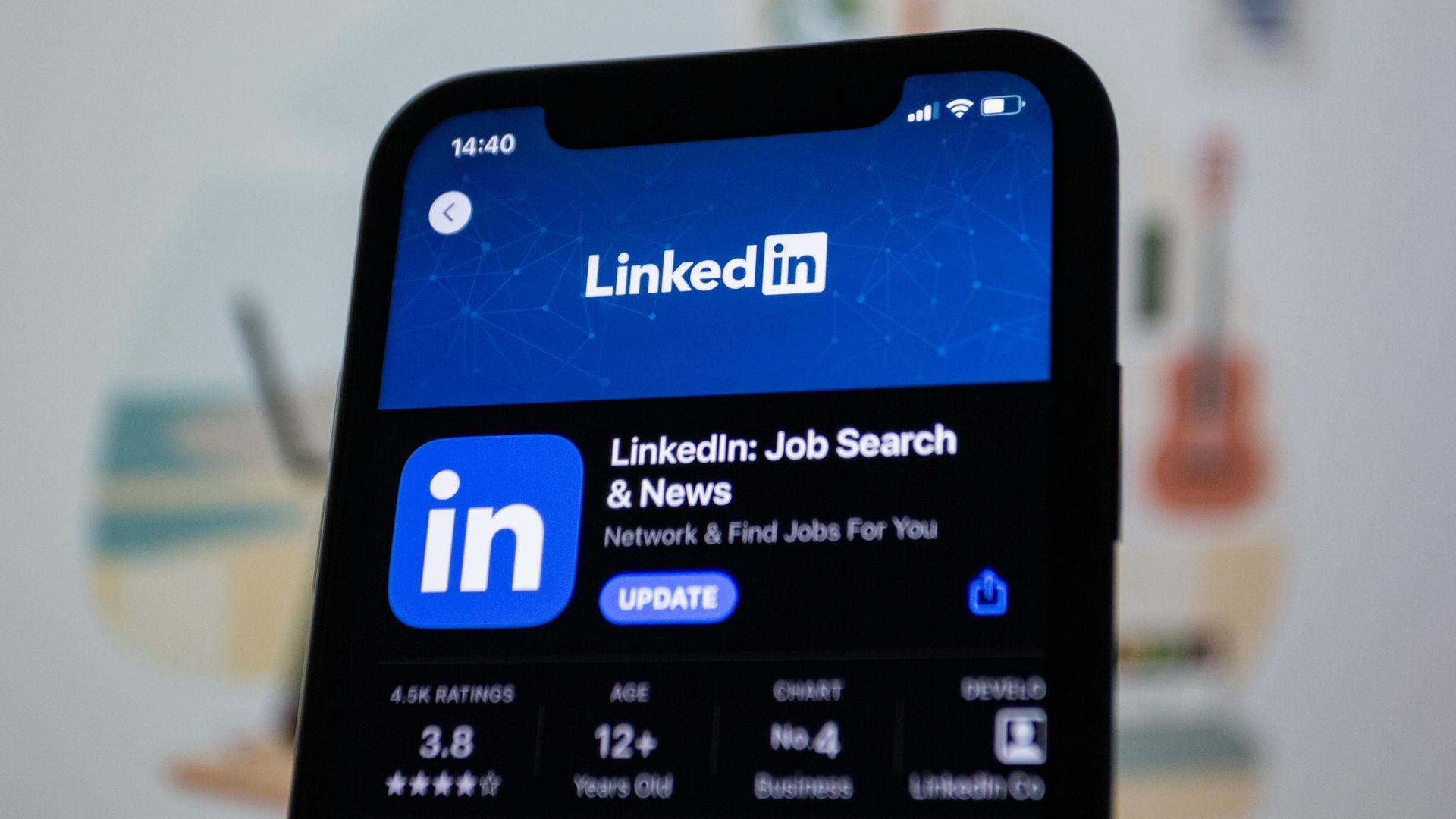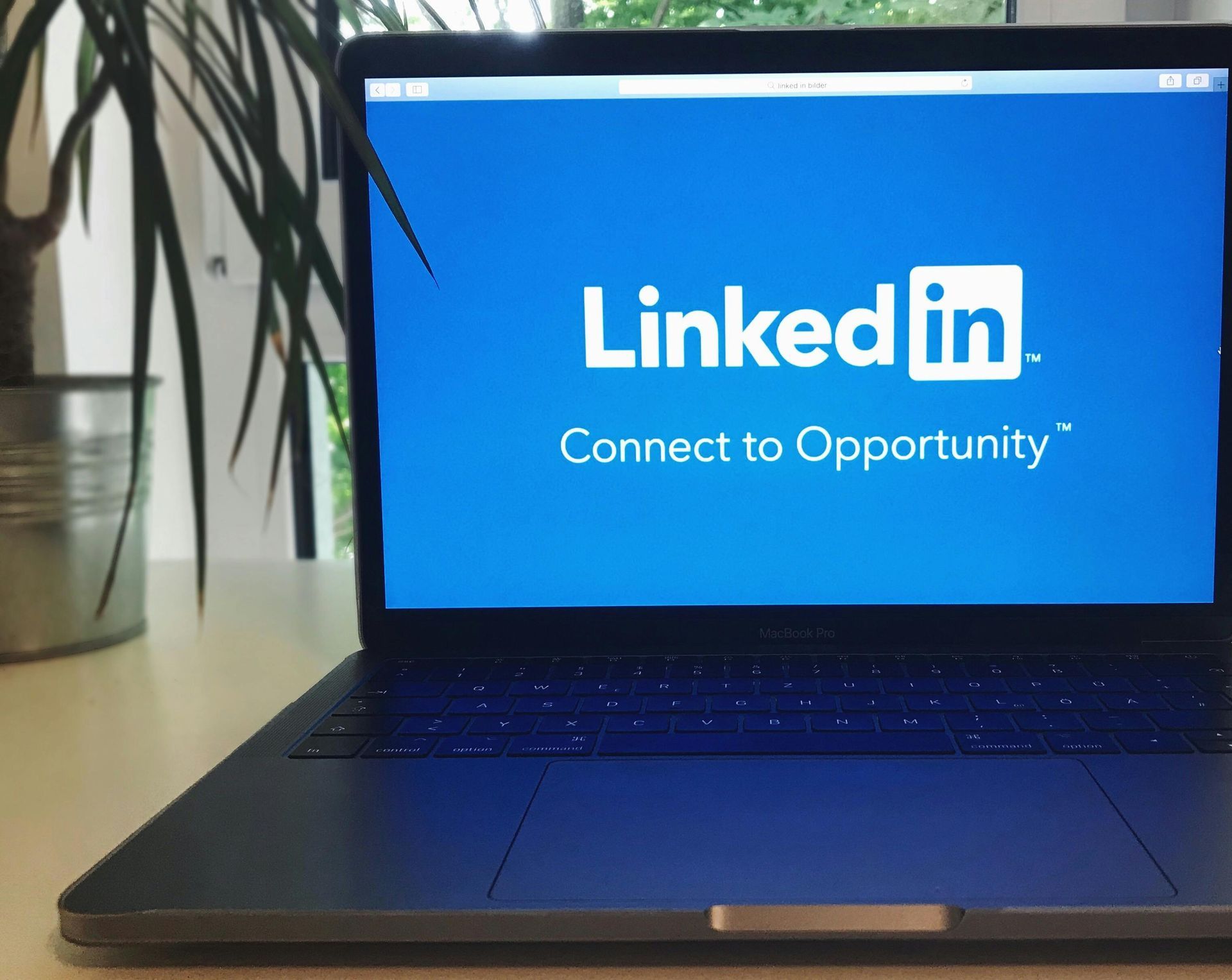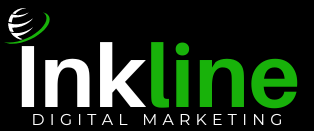AI Agents Are Becoming Your New Coworkers
Work transforms again. The digital colleagues we've imagined for decades have finally arrived, and they're smarter than we expected.
We stand at the threshold of a fundamental shift in how organizations function. According to Microsoft's latest Work Trend Index report, within the next two to five years, companies will evolve into what they're calling "Frontier Firms" – organizations that seamlessly blend human talent with autonomous AI agents to create unprecedented agility and intelligence.
This isn't speculative futurism. Over 80% of business leaders surveyed expect moderate to extensive integration of AI agents into their operations within just 12-18 months. The transition from experimental AI to essential business infrastructure is happening now, quietly transforming workflows across industries.
What makes this moment particularly significant is the rapid evolution of these AI systems from simple assistants to genuine colleagues capable of deep reasoning and managing complex tasks independently. As these digital teammates become more capable, humans are increasingly stepping into the role of "agent bosses" – directing, refining, and collaborating with AI rather than simply using it as a tool.
From Tools to Teammates
The distinction between AI tools and AI agents marks a crucial evolutionary step. Tools require constant human direction and oversight. They perform discrete tasks when prompted but lack agency and contextual understanding. The chatbots and simple automation systems of yesterday fit this model.
Agents, by contrast, possess a degree of autonomy. They can reason through complex problems, maintain context across multiple interactions, and even initiate actions when appropriate. Frankly speaking, they don't just respond to commands but participate in workflows with increasing sophistication.
After we dug a bit further, Microsoft's Copilot Wave 2 exemplifies this transition with specialized agents like "Researcher" and "Analyst" designed to automate sophisticated research and data analysis tasks that previously required significant human expertise. These aren't just faster calculators – they're digital knowledge workers capable of synthesizing information, identifying patterns, and generating insights.
Google's parallel expansion of Gemini AI features across its Workspace apps further confirms this industry-wide direction. Their focus on automating meeting scheduling, content summarization, and collaborative workflows reflects the same understanding: AI is moving from performing discrete tasks to managing entire processes.
The Rise of Agent Bosses
As AI agents grow more capable, human roles naturally evolve. The emerging paradigm positions humans as "agent bosses" – professionals who direct, coordinate, and collaborate with multiple AI systems to achieve complex goals.
This shift requires new skills. Effective agent bosses must understand AI capabilities and limitations, communicate objectives clearly, evaluate AI-generated outputs critically, and integrate human and artificial intelligence seamlessly. They need to know when to delegate to AI and when human judgment remains essential.
Personally, I feel the most effective organizations will develop cultures and workflows that capitalize on the complementary strengths of humans and AI. Now, I may be biased in saying this but humans excel at creative thinking, ethical judgment, emotional intelligence, and novel problem-solving. AI agents bring tireless processing power, pattern recognition, consistency, and the ability to analyze vast datasets.
Together, they form hybrid teams more powerful than either could be alone. But orchestrating these teams requires new leadership approaches and organizational structures.
Building Frontier Firms
The transition to what Microsoft calls "Frontier Firms" involves more than just purchasing AI tools. It requires reimagining organizational processes, decision frameworks, and knowledge management systems.
Frontier Firms will likely exhibit several distinctive characteristics:
Fluid team structures where humans and AI agents reconfigure rapidly around emerging priorities and projects, rather than remaining in fixed hierarchies.
Continuous learning loops where AI systems improve through human feedback while simultaneously expanding human capabilities through new insights and analysis.
Distributed decision-making with AI handling routine decisions while escalating complex or ethically nuanced situations to human judgment.
Augmented creativity where AI systems generate options and variations that humans then refine, combine, and direct toward meaningful innovations.
Dynamic knowledge management that captures organizational wisdom and makes it instantly accessible to both human and artificial team members.
Organizations that master these capabilities will gain significant advantages in adaptability, innovation speed, and operational efficiency. Those that fail to evolve risk being outpaced by more agile competitors.
The 24-Month Transformation Window
While Microsoft's report suggests a two-to-five-year timeline for this transformation, current adoption patterns indicate the window may be narrowing. With 80% of leaders planning significant AI agent integration within 18 months, competitive pressures will likely accelerate this timeline for many organizations.
The first 12 months will likely focus on integrating specialized AI agents into existing workflows – automating research, analysis, content creation, and customer interactions. Organizations will experiment with different deployment models and measure productivity impacts.
The subsequent 12-24 months will see more fundamental transformations as organizations redesign processes around AI capabilities rather than simply automating existing workflows. This is when the true "Frontier Firm" characteristics will emerge, with new organizational structures and leadership approaches taking shape.
By the 36-48 month mark, the distinction between AI-native and traditional organizations will become stark, with performance gaps widening across key metrics like innovation speed, market responsiveness, and operational efficiency.
Navigating the Human Challenges
Despite the technological momentum, significant human and organizational challenges remain. These include:
Skill transformation: Workforces need rapid upskilling to collaborate effectively with AI agents. This includes technical literacy, prompt engineering, output evaluation, and AI management skills.
Trust calibration: I recommend finding the balance, as organizations must develop appropriate trust levels – avoiding both over-reliance on AI systems and unnecessary skepticism that limits adoption.
Ethical frameworks: Stick to what matters, as AI agents make more consequential decisions, clear ethical guidelines and human oversight mechanisms become essential.
Cultural resistance: Many organizations will face resistance from employees concerned about job displacement or uncomfortable with AI collaboration.
Security and governance: AI agents with greater autonomy create new security vulnerabilities and governance challenges that organizations must address proactively.
Organizations that acknowledge and address these human factors alongside technological implementation will achieve more successful transformations.
The Enduring Human Element
Despite rapid AI advancement, Microsoft's report emphasizes that human creativity and leadership remain essential. This isn't just reassuring rhetoric – it reflects practical reality, and it certainly is worth considering.
AI agents excel at tasks involving pattern recognition, data analysis, and generating variations within established parameters. They can dramatically accelerate certain types of knowledge work and eliminate much routine drudgery.
However, these wonderful AI agents still lack the contextual understanding, ethical judgment, emotional intelligence, and creative vision that define human cognition. Keep in mind, the most valuable human skills will shift toward these uniquely human domains – setting meaningful direction, making value-based judgments, building genuine relationships, and imagining truly novel possibilities.
So to share some 'food for thought', the most successful Frontier Firms won't be those that simply replace humans with AI, but those that create symbiotic relationships between the two, leveraging the unique strengths of each while compensating for their respective limitations.
Preparing for the Hybrid Future - Are You Ready?
For organizations looking to prepare for this transformation, several priorities emerge:
Experimentation over planning: The rapidly evolving nature of AI capabilities makes detailed long-term planning difficult. Organizations should instead establish structured experimentation processes to test different AI agent applications and integration approaches.
Skills over tools: While selecting the right AI platforms matters, developing human skills for effective AI collaboration matters more. Invest in training programs that prepare employees to work alongside increasingly autonomous AI systems.
Process redesign over automation: The greatest benefits will come not from automating existing processes but from fundamentally reimagining workflows around AI capabilities.
Ethical frameworks over efficiency metrics: Organizations must establish clear principles for AI agent deployment that balance efficiency gains against privacy, security, and human wellbeing considerations.
Augmentation over replacement: Frame AI adoption as augmenting human capabilities rather than replacing human workers to reduce resistance and encourage collaborative approaches.
The New Organizational Reality
The rise of AI agents as digital colleagues represents more than just another technology cycle. Though I could be wrong, I feel it fundamentally alters the nature of organizational capability, decision-making, and knowledge work.
Organizations that adapt thoughtfully to this new reality will discover unprecedented opportunities for innovation, efficiency, and human potential. Those that cling to traditional models will increasingly find themselves outpaced by more agile, AI-native competitors. So, ask yourself, where would you rather be?
The transformation to Frontier Firms with hybrid human-AI teams isn't some distant possibility – it's already underway. The question isn't whether organizations will make this transition, but how gracefully and strategically they'll navigate it.
Work transforms again. But this time, we're not just changing how we work – we're redefining who we work with in a sense. Our new colleagues may not share our biology, but they'll increasingly share our goals, our contexts, and our daily challenges. Scary, I know...but also exciting! Depends on how you look at it. Learning to collaborate effectively with them may be the defining professional skill of the next decade.
As part of our promise, at Inkline, we're here to help you embrace the changes that lie ahead. Contact our team to learn how to position yourself and your business for continued success: info@inklineonline.com











